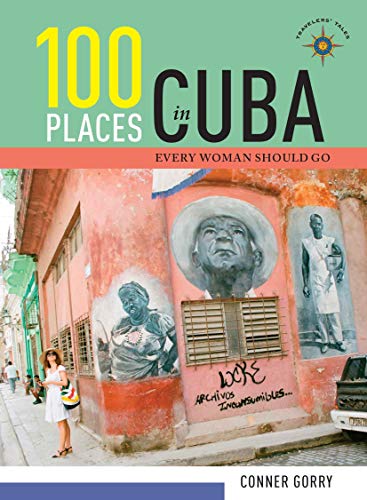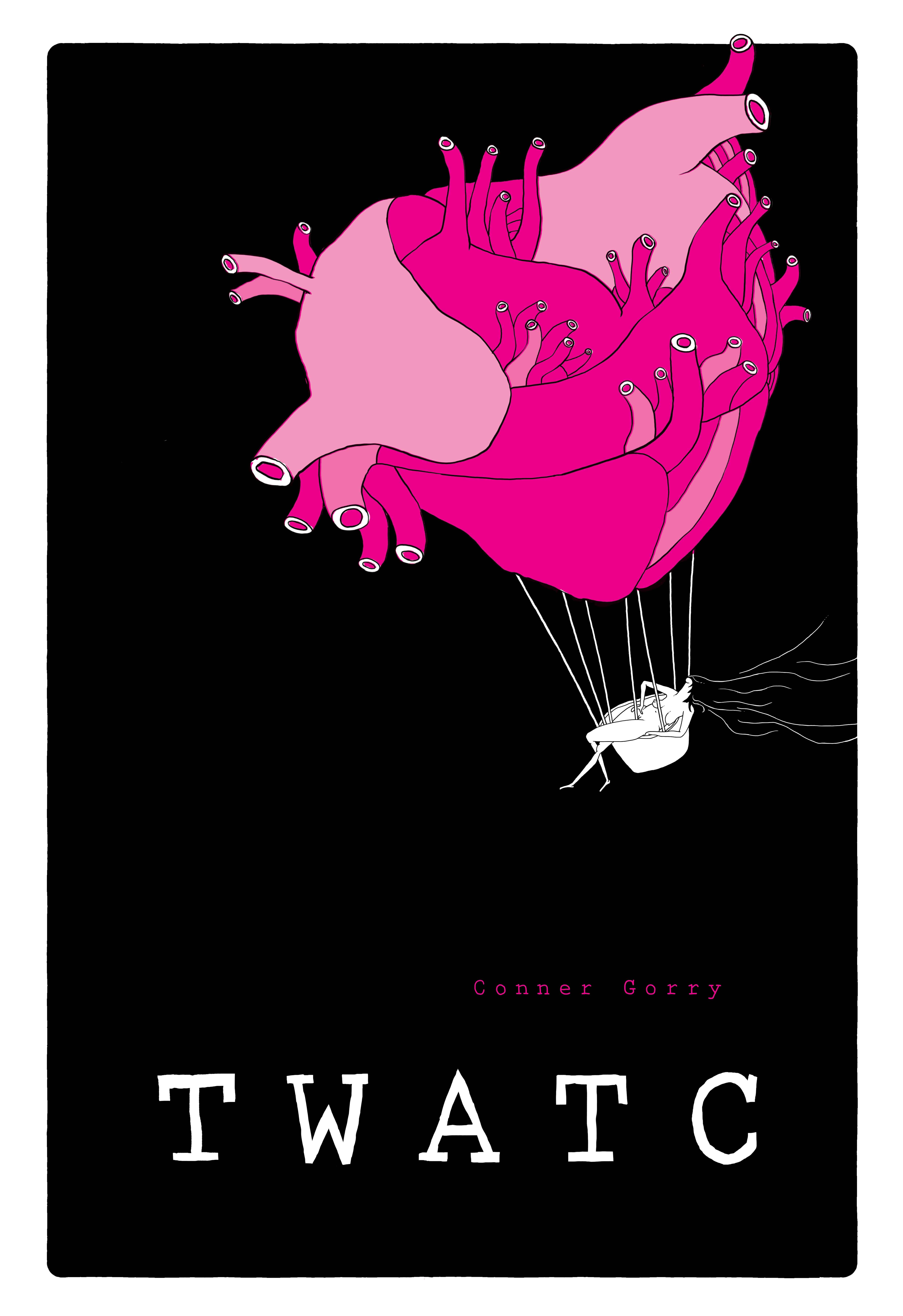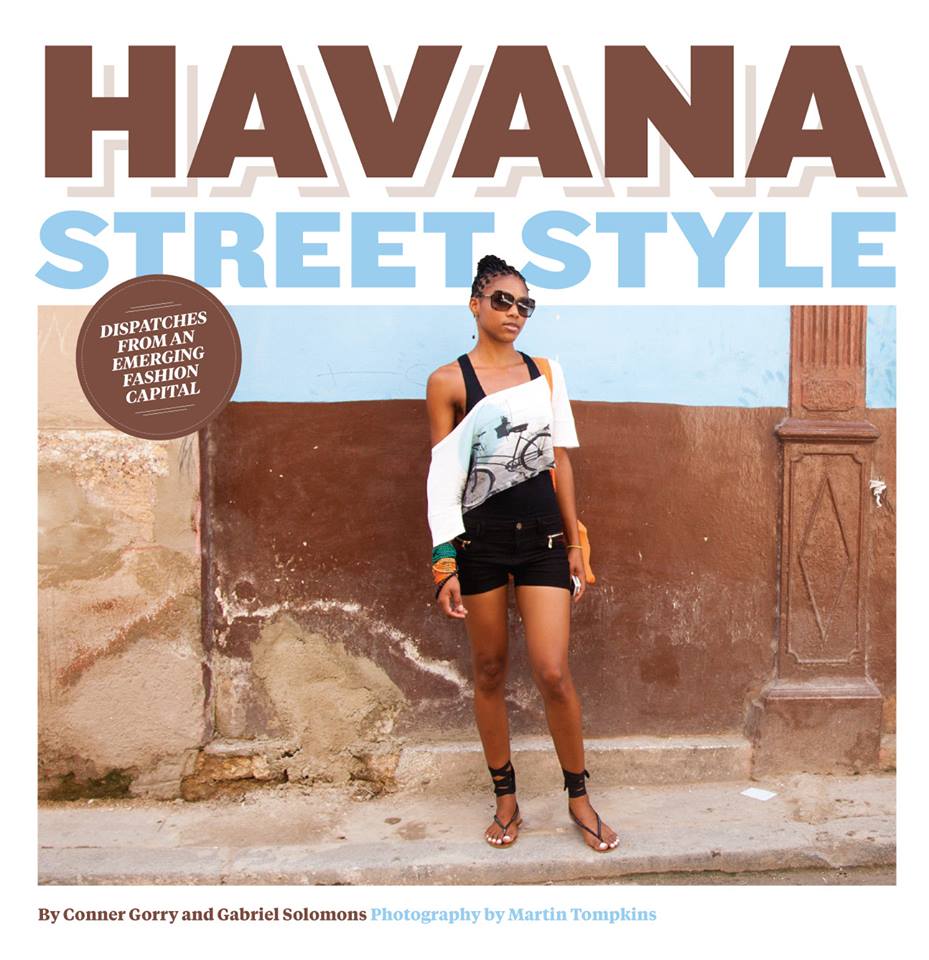[tweetmeme source=”connergo” only_single=false]
La what? Huh?
If your Cuban isn’t up to snuff, Yuma means gringa (see note 1) and jamaliche is someone who eats mucho, mucho, mucho.
Or as my Mom so unceremoniously puts it: “You’re feeding that pie hole again?!
The Yuma Jamaliche my Cuban friends christened me some seven or so years ago and the nickname stuck. Cubans use nicknames like other people use salt – daily, liberally, in an effort to perk up the bland.
José, who’s hair-challenged is Baldy. Cristina, who could stand to lose a few pounds is Little Fatty, but Carla, who could use a few according to the Cuban standard of beauty is called Skinny. The guy from the sticks is El Guajiro (“The Hick”) and his girlfriend, of course, is La Guajira.
What you look like, where you’re from, what you do: it’s all nickname fodder. I have a dear neighbor I’ve known since I landed on these shores named Chino, which sounds downright racist when it’s translated (see note 2), so I won’t, but the point is in all these years I’ve never learned his “real” name; I don’t have to. It can get a little confusing though, because we have more than one Chino in our circle of friends (“who’s calling?” Chino. “Chino Pons or Chino Chino?”) which says a lot about the prevalence of nicknames, not to mention chinos here.
Then there are those with confounding nicknames that certainly come from somewhere, but who the hell knows where? There’s our friend “El Platano” who doesn’t look like a banana, nor is he particularly fond of the fruit; our other friend “Curry” who isn’t Indian and whose real name is not evocative of that or any other spice; and the talented drummer known as El Negro, though he’s as white as me.
But enough about los dos Chinos, the banana and curry, though they’re making me hungry…
I’ll eat (almost) anything, anywhere. I’m even starting to eat beets, but I draw the line at Cuban party food, the highlights of which are nauseating lard cake and mac salad drenched in cheap mayo and studded with chunks of pineapple and ham (caterers, as well as purveyors of sex toys, lubes and the like, stand to make a fortune here in Havana).
For those of you wondering what this all is leading to, it is this: I’ve been invited to write a guest post for Ever the Nomad, the swinging blog of fellow Lonely Planet author Anja Mutic. Wondering what La Yuma Jamaliche is cooking up this time? Check out Eating in Cuba: Go Local or Go Hungry.
Notes
1. There are several theories about how ‘Yuma’ came to totally supplant ‘gringo/a’ as the denomination for someone from the US. The most popular holds that it took hold when Cubans – every last one of whom is a movie addict – first saw the 1950’s western 3.10 to Yuma (interestingly, adapted from an Elmore Leonard short story). And really, what’s more all American than the wild, wild western? Since I’ve been here, the use of Yuma has expanded to include all whiteys from everywhere, but when I arrived it meant whiteys specifically from up there.
2. Cuban nicknames might smack of racism to many English-speaking ears and sensibilities seeing as so many are based on skin color or other stereotypical characteristics. In addition to Chino, we know ‘El Indio’ who is short and dark like Cuba’s ancestral (and extinct) indigenous group and the national women’s volleyball team is referred to as ‘Las Chicas Morenas’ – roughly translated as ‘The Brown Girls.’ In conversation, meanwhile, it’s normal to describe someone according to racial criteria: este negrón (this big black guy) or el javao ese (that lighter skinned black guy with blondish hair). And back to El Chino for a second: no matter what part of the world you’re from – Japan, Korea, Vietnam, Southern California, or France – if you have epicanthic folds (that’s slanted eyes to the rest of us) you’re El Chino or La China in Cuba. I’ve talked to Vietnamese, Asian American and other visitors who have been tagged with this moniker and the consensus seems to be that it rankled (sometimes mightily) at first, but only until it became evident that it was being used as a term of endearment.
These descriptions are based on race, but aren’t inherently racist. Of course, in the wrong hands and coming from the wrong mouths, they certainly can be. But I find it interesting that Cuba, where it’s normal to describe someone as the ‘dark skinned mulatto’ or ‘the blue-black woman,’ is less racist on the whole than other places I know. There are a whole host of reasons for this, but I suppose it starts and ends with the old Cuban saying: ‘quien no tiene de Congo, tiene de Carabali’ (the person without Congo in their blood has Carabali in their blood – that is, we all have African in us; Carabali were slaves brought from Southern Nigeria).











Love your blog, was sent over by the WAM himself. Look forwards to more!
Thanks jwbcubed (is that like James Brown but three times Super Bad?). Keep coming back, I have much more to say!
actually that’s James William Andover-Nelson Ball III. Not super, but verrry bad.
Pingback: Things I Don’t Miss about the U.S.A. « Here is Havana
Being CUban and the only girl in a family of four siblings with 3 boys and me earned me the nickname “La Tota” which means the pussy, NOT disrespectfully because my parents were very strict and catholics. But I was really in the family after a long time and many boys the only “TOTA” what can I say? That was my Cuban nickname.
Pingback: Cuban Thanksgiving Starring Pavo Butterball « Here is Havana
Pingback: Those Faithful Cubans | Here is Havana
Pingback: Always the Outsider Inside Cuba | Here is Havana
Increíble! I live in Chile and am finding so many similarities between what you’re finding in Cuba and what I see every day here. Terms of endearment such as Gordita (fatty), Negrito (blackie), Chanchita (piggy), and nicknames such as Guatón (Andean for fat guy) and yes, Chino, abound. Forget the PC culture. People just call ’em as they see ’em!
!Así es! Your mention of Negrito brings up something about the whole PC thing that gets a bit tricky when you live in Havana (or Chile) and are accustomed to saying negro (in particular) but societal trends tell us the proper term is now “afro american.” After 9 years here, el negro/negrito/negrón is how I roll and Ive been in an awkward situation or two up north when it has slipped out.
Pingback: The Gift of Aché Part I | Here is Havana
Pingback: Surviving Cuba with FE* | Here is Havana